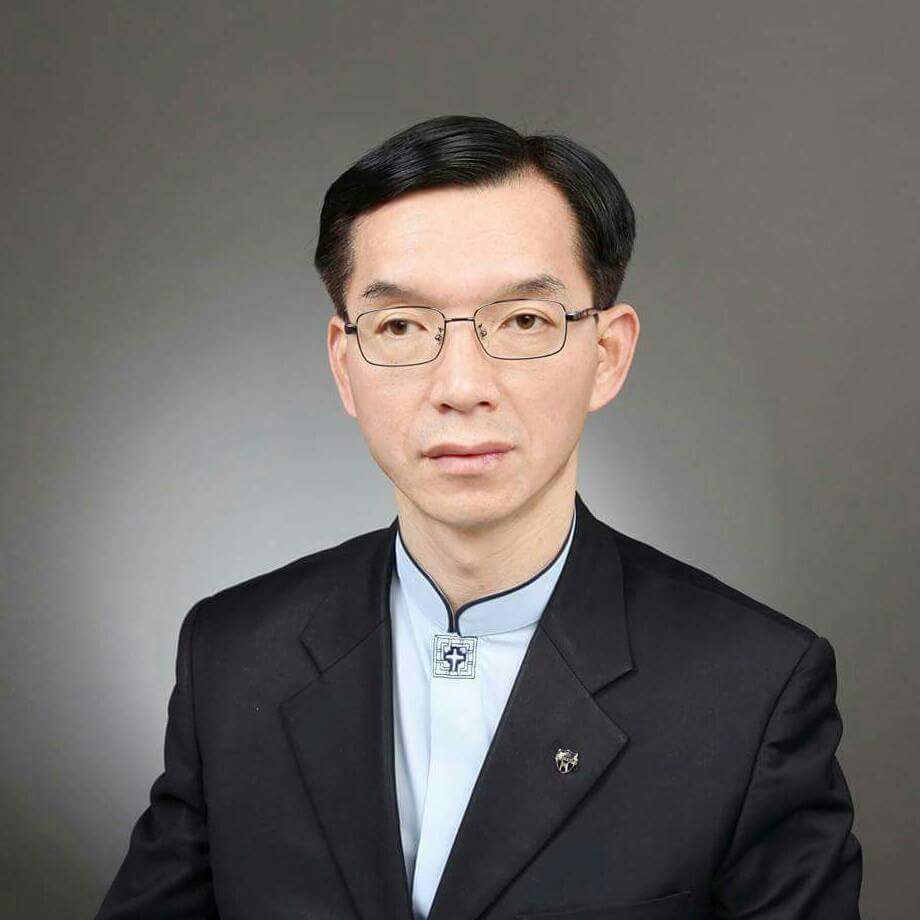
About Us
About
Strive Bridge Africa Foundation Limited.
We are established as a faith-based organization and have been operational since our inception. The foundation operates as a company limited by guarantee and is officially registered with the Uganda Registration Services Bureau.
Our mission is to promote sustainable livelihoods by offering resources and raising awareness about the challenges faced by individuals and communities in our project areas. We aim to empower those facing hardships emotionally, helping them regain their dignity and spiritual strength by instilling hope.
-
Objectives
To promote Evangelism, Christian values and education in Africa and beyond; bible and pastoral studies.
To strengthen the capacity of individuals and communities to cope with poverty; extend basic goods and services to disadvantaged communities in suburbs and remote areas.
To strengthen the capacity of marginalized groups of society to participate in self-transformation.
To supplement government efforts of ICT, language and arts development, innovation and education. -
Hope
We believe that the quality of life can be improved greatly when one doesn’t feel helpless -
Accountability.
We own up to what we do until it produces a lasting smile in another's life.







